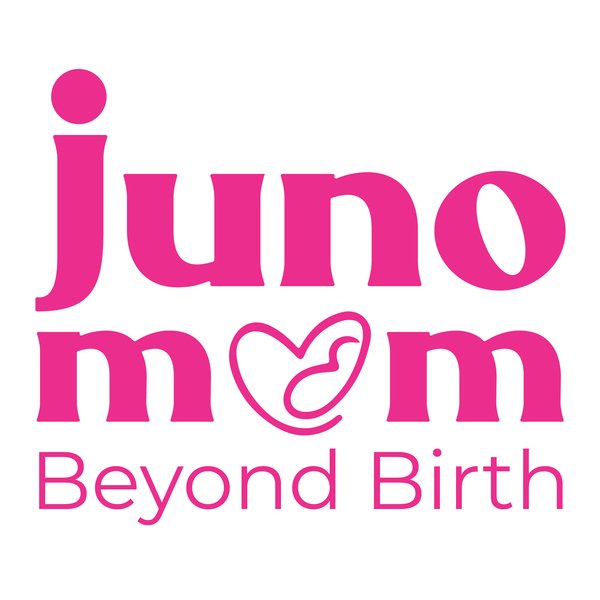Welcoming a new baby is an exhilarating experience, but it also brings many challenges, especially for new mothers. Amid the joy, most new moms find themselves struggling with sleep deprivation, which can significantly impact both their physical health and emotional well-being. Ensuring adequate rest during the postpartum period is crucial for recovery and overall health.

Why Rest is Crucial During the Postpartum Period
Physical Recovery
After childbirth, a mother’s body needs time to heal. Adequate sleep supports the body's natural healing processes, helping to repair tissues and muscles, and reducing the risk of postpartum complications.

Emotional Well-Being
Lack of sleep can contribute to mood swings, anxiety, and postpartum depression. Quality rest helps regulate emotions and improves overall mental health, making it easier to cope with the demands of motherhood.
Increased Energy Levels
Caring for a newborn requires a lot of energy. Restorative sleep helps replenish energy levels, ensuring that new mothers can handle their daily tasks more efficiently.

Enhanced Cognitive Function
Furthermore, sleep is vital for cognitive functions such as memory, decision-making, and problem-solving. New moms need sharp cognitive abilities to care for their babies effectively and make sound decisions.
Tips for Getting Adequate Sleep During the Postpartum Period
Share Nighttime Duties
If possible, share nighttime responsibilities with your partner or a family member. Taking turns to feed and soothe the baby ensures both parents get some uninterrupted sleep.

Similarly, before putting the baby to sleep, your partner can take care of the bath while you dim the lights, grab a book and prepare the nursery.
Create a Relaxing Sleep Environment
Make your bedroom a sleep-friendly zone. Keep the room dark, quiet, and cool. Consider using white noise machines or blackout curtains to create a serene atmosphere conducive to sleep.
Delegate Tasks & Chores
Your support system comprising of people you can trust and rely upon is a major part of your Postpartum journey. They help you manage tasks and take care of chores and errands while you recover.
Decide beforehand who will handle what, the shifts e.g. If you have a pet, you can decide who'll take it for walks.
Limit Visitors
In the initial weeks, it’s okay to limit visitors. Too many guests can be overwhelming and disruptive. Politely set boundaries to ensure you and your baby get the rest you need.
Furthermore, you can plan out when to introduce the baby to people.

Limiting visitors Postpartum gives parents time to adjust to the new routine, and gives time and personal space to establish breastfeeding for the new mom.
Stay Hydrated and Eat Nutritious Foods
Hydration and a balanced diet can impact your energy levels and sleep quality. Moreover, dehydration increases fatigue & affects your sleep cycle.

Focus on nutrient-dense foods and drink plenty of water throughout the day.
Managing Sleep Deprivation during Postpartum
Sleep deprivation is quite universal during Postpartum - Newborns need care every 2-4 hours. This especially becomes more frequent during cluster feeding.

However, adequate rest is essential for new mothers to ensure a healthy recovery and maintain overall well-being. By seeking support from your friends and family, you can better manage the challenges of the postpartum period.
For more insights and tips on Postpartum Care, visit Juno Mom’s Blogs


